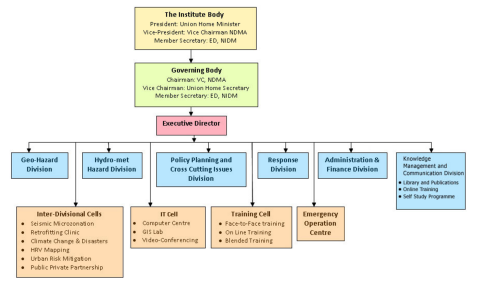Archiving for everybody?
ATroitzschFor me it seems like the Internet Archive gives the possibility to participate to everybody - so if you think this webpage should be archived, you can just do it by yourself, everybody who has a free account on the internet archive, can add something to the archive - but besides this, they are having a lot of partnerships with libraries and other institutions to be always behind important web pages that should be archived.

